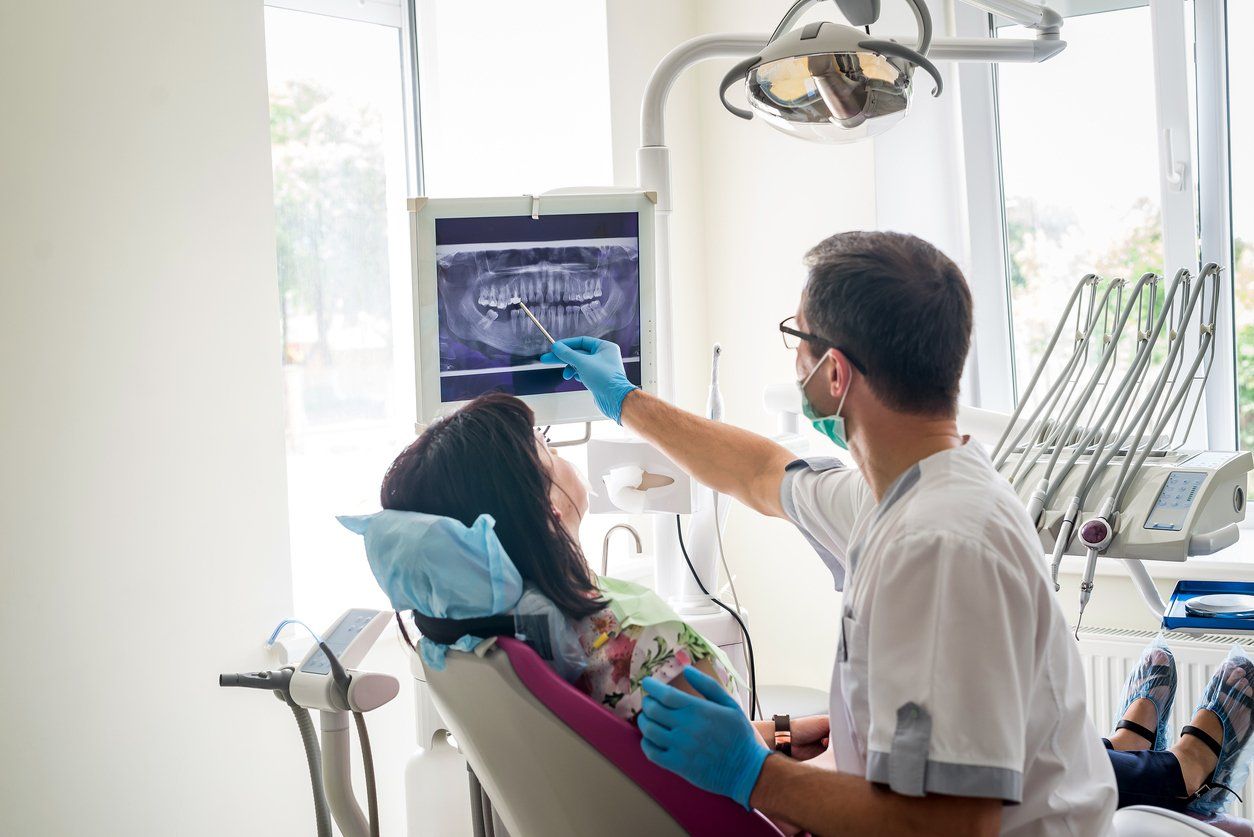Everything You Need to Know About Tooth Extractions

Tooth Extractions are a last resort in the dental field. However, dental extractions do have their place and can occur for several different reasons, including when teeth are overcrowded or if they experience decay and rot.
Types of Tooth Extractions
There are several reasons that tooth extractions occur, including for the following reasons:
- Tooth Needing Replaced (Chipped/Cracked): If a tooth needs replacing completely is cracked, chipped, or otherwise damaged beyond repair, often the solution is to extract the tooth and replace it with either an implant or a denture.
- Overcrowding: Overcrowded teeth often require one or more teeth to be pulled, which makes room for the rest of the teeth to grow in properly.
- Decay/Rot: If a tooth is decayed or rotted to the point where the dentist is unable to fill the cavity in the tooth, the dentist will often have to extract the tooth instead.
- Wisdom Teeth: Wisdom teeth often come in at precarious angles, requiring them to get extracted so that they don't disrupt the existence of other teeth as they come in.
These are 4 of the main reasons why dentists must extract teeth. Both adult and baby teeth are subject to getting extracted when all other forms of fixing the tooth/teeth have failed.
Types of Extractions
Two main types of extractions that get performed as follows:
- Simple Extractions: Tooth extractions that are performed on teeth in the mouth that can get a saw. These are the large majority of dental extractions that get performed, and you are generally able to leave the office soon as the teeth are pulled. Teeth get generally just pulled with dental forceps.
- Surgical Extractions: Surgical extractions get required for teeth that cannot get seen within the mouth. These are teeth that usually haven't broken through the gum line yet such and are commonly performed on wisdom teeth before they grow in and impact the other teeth in the mouth. You may have to spend a few hours at the office after the procedure, and many of these procedures are done in outpatient surgery centers and not in the dentist's office.
Most types of these extractions will fall into one of the two following categories:
- Single-Tooth Extractions: These extractions replace a single tooth with either an implant or a dental crown. We also provide the option of a fixed dental bridge which latches on to the surrounding teeth. These extractions are generally more simplistic as only one tooth is getting removed.
- Multiple Tooth Extractions: These extractions tend to get a bit more complex as they require multiple teeth to get extracted at one time. The teeth are generally either replaced with a dental bridge or partial dentures.
These tooth extractions are generally either done while the patient is under inhaled sedation/laughing gas (most common for single-tooth extractions) or oral sedation (more common for multiple tooth extractions).
Pain Management Options
Generally, you can expect to feel some discomfort and soreness for several days after a tooth gets extracted. Some people experience more discomfort and soreness than others. Typical pain management options your dentist will provide you with include the following:
- Your dentist will generally prescribe pain medications you may take for several days following your tooth extraction/extractions.
- Rinse your mouth 2-3x a day with 8 oz of warm water with a teaspoon of salt dissolved in it to help keep the site where the tooth was pulled clean and sterile.
- Continue brushing/flossing activities around the area as normal 24 hours after the procedure, being gentle and sensitive around the area where the teeth get pulled.
- Avoid chewing foods near the site of the pulled tooth for several days following the procedure.
- Eating soft foods and avoiding extremely hot or cold foods help avoid painful sensations near where the tooth got pulled.
Always contact your dentist right away if you experience severe bleeding or abnormally severe pain after your tooth/teeth extraction.
Healing/Aftercare
While it is normal to experience soreness for a few days after the extraction of your tooth, always report any abnormally intense pain or severe bleeding to your dentist right away. If you suspect a dry socket where your tooth got removed, call your dentist immediately for medical assistance.
Cost
The average tooth extraction will run anywhere from $75 to $300 per tooth.
Surgical tooth removals will run from $150 to $650 per tooth.
Conclusion
At the office of Ronald A. Murphy DMD, we pride ourselves in taking the best care of patients possible. Please feel free to contact ustoday if you have any tooth extraction or other dental needs. We will be happy to schedule a consultation visit with you at your earliest convenience.
